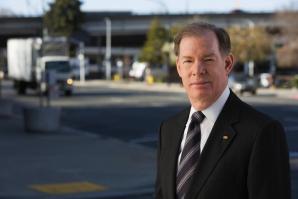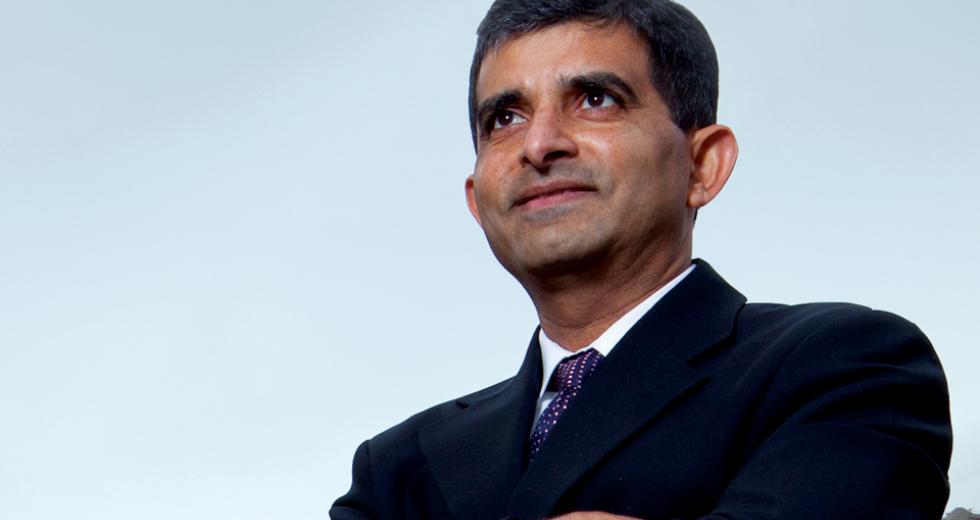Like many transplants to Sacramento, before moving to the area I had little awareness of the plethora of quality-of-life amenities the region has to offer. As I complete my first decade as a resident, it has dawned on me that this has been the longest stop thus far in my professional career.
My longevity hasn‘t been an accident. Sacramento has offered tremendous reasons to stay. I can take my kids spring skiing and be home in time to barbecue. We can enjoy the beach or the redwoods or some of the world’s famous wineries. We have a nice home in the foothills; my children go to good schools. But my wife and I also have something that not enough people in the area enjoy: a good family income.
The 6-county region (Sacramento, Placer, El Dorado, Yolo, Yuba and Sutter) has approximately 2.3 million people with roughly 1.2 million jobs. Clearly, it is a vibrant economic center. Our gross domestic product is larger than that of half the states in the U.S. and many other countries. Our population continues to grow, and we are now beginning to see some signs of economic revival through new home and retail construction.
However, Sacramento remains a government town. By outside investors it is often labeled stodgy, bureaucratic, risk-averse, unfriendly to business and regressive in thinking. There are few large private-sector employers. And while regional population growth is spurring some economic activity, much of that is happening in the low-paying service sector.
During the recession, our region suffered more job losses in the construction and financial sectors than did any other part of the state. And while our steady population growth drives economic activity to a point, it mostly means an increase in minimum wage jobs due to a lack of breadth and diversity in the region’s technical and professional employment base.
Our per capita income and employment lags statewide averages. Payroll growth is anemic. Plumb private sector companies continue to leave the region and the state as a whole.
What can be done to turn this tide? We need a comprehensive strategic plan for attracting diversified industries and high-paid jobs. We need a singular marketing plan with a strong vocal leader that will lead the campaign. For this to happen, we need much more private-sector funding and involvement, but that will only happen if we provide fiscal accountability.
I have spoken with a handful of local industry leaders who are willing to annually contribute large amounts of money as long as a majority is earmarked strictly to economic development marketing efforts — not into a general budget.
In the decade I’ve been involved in the local business community, I have witnessed numerous economic development programs be launched, retooled and reformed. All of these programs have been designed and promoted by numerous well-meaning nonprofits. But when you gauge how we’ve fared compared to other like-size cities (even in California), we don’t come out looking competitive. Perhaps it’s time to take a different approach.
Recommended For You

Active Recruitment
Sacramento needs to attract Fortune 500 companies
As Sacramento gears up to expend precious capital on a new sports and entertainment complex that will bring jobs, outside investment and prestige to the region, I can’t help but ask about other key ingredients needed to guarantee Sacramento a successful future.

Slow-Growing Trees
Thoughts after 3-plus years of journalism in Sacramento
Great cities are the result of vision and consensus. During more than three decades as a journalist in Sacramento, I have been drawn to subjects with a vision for the region.



